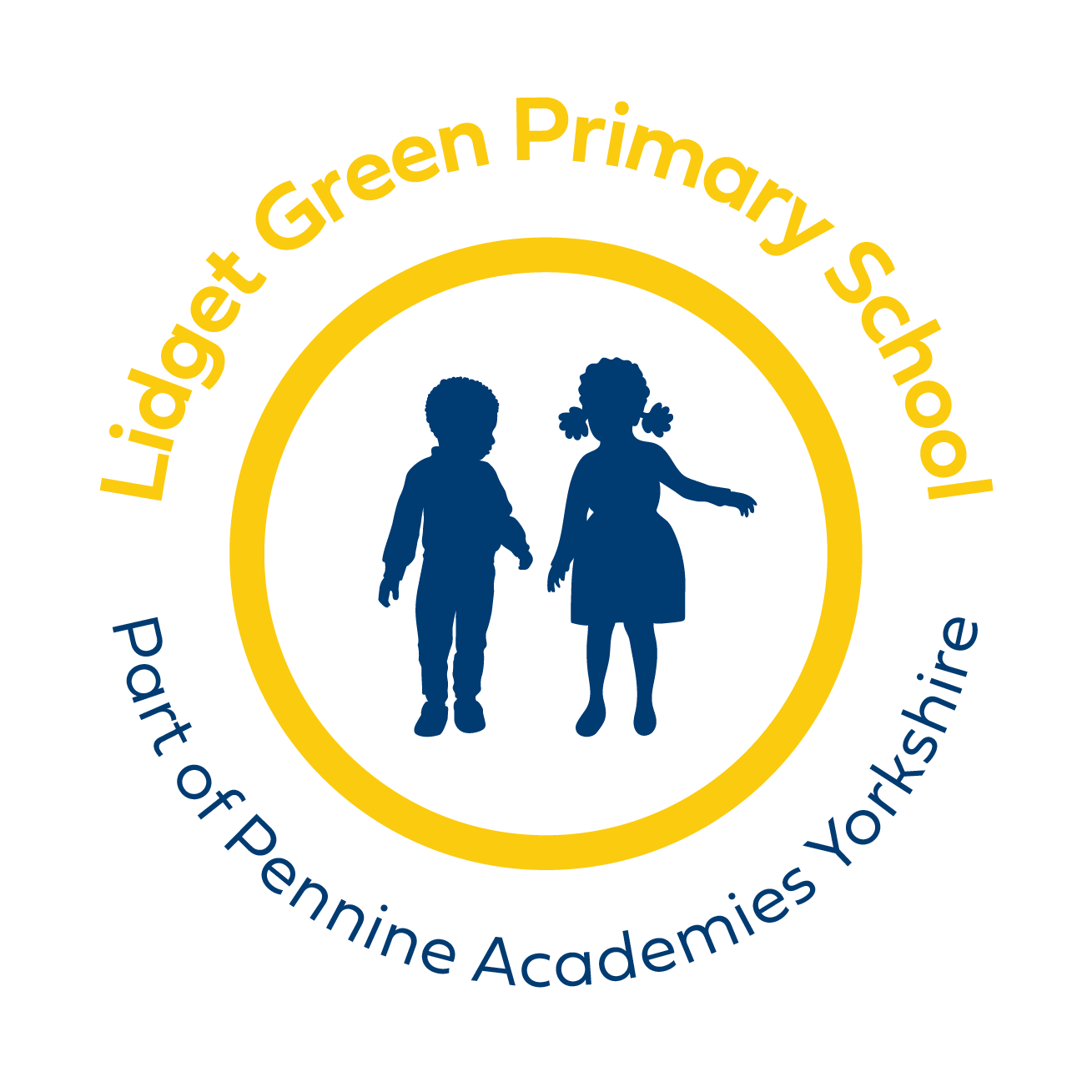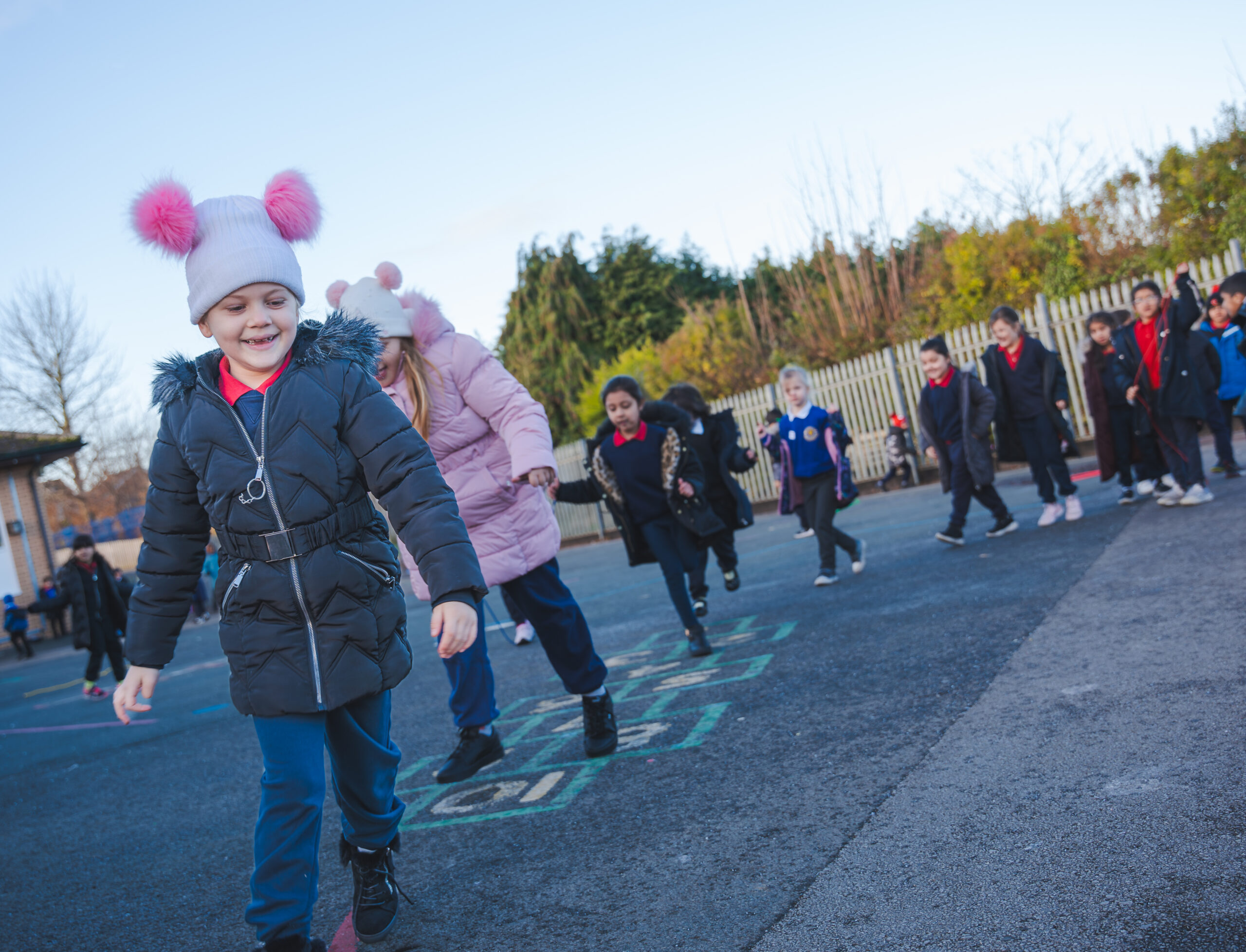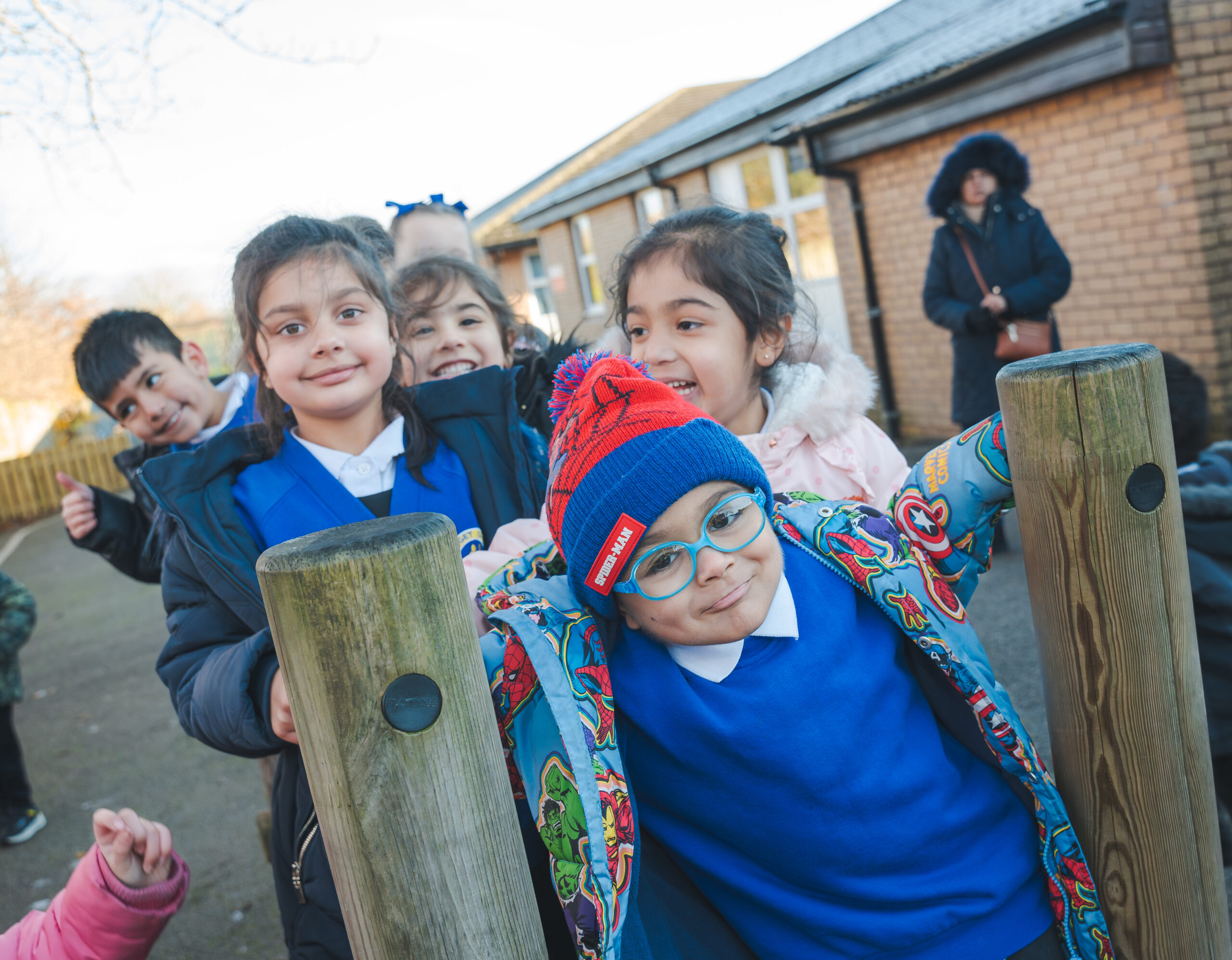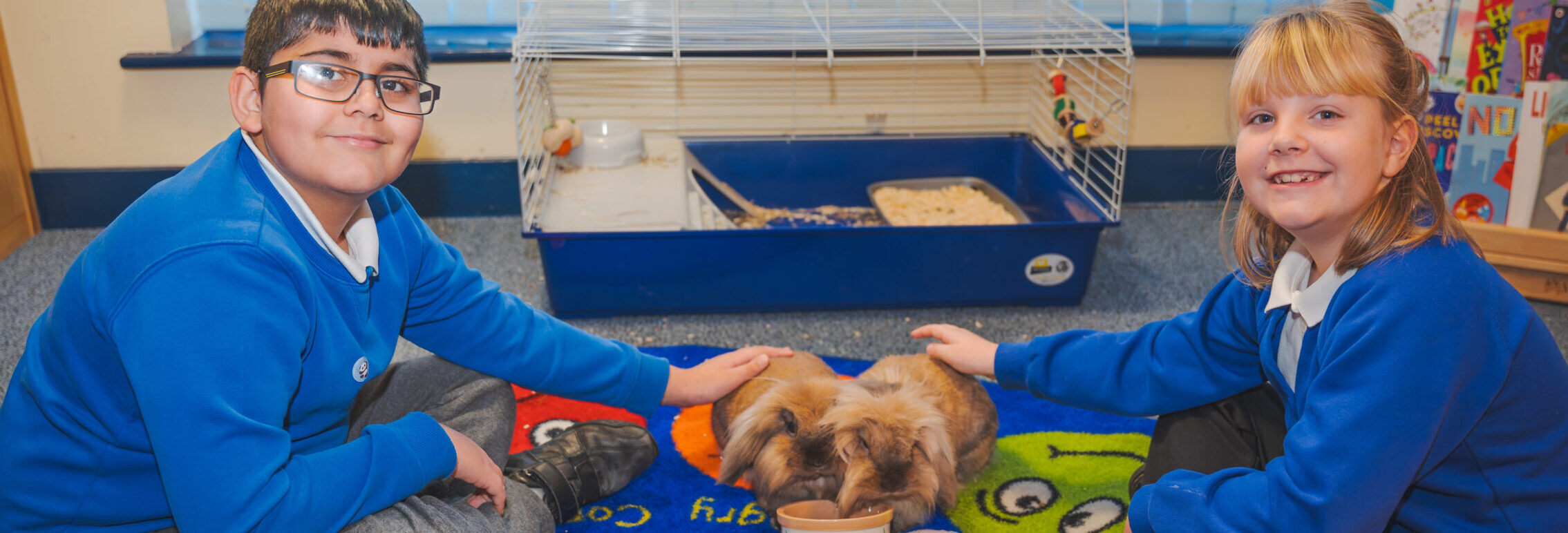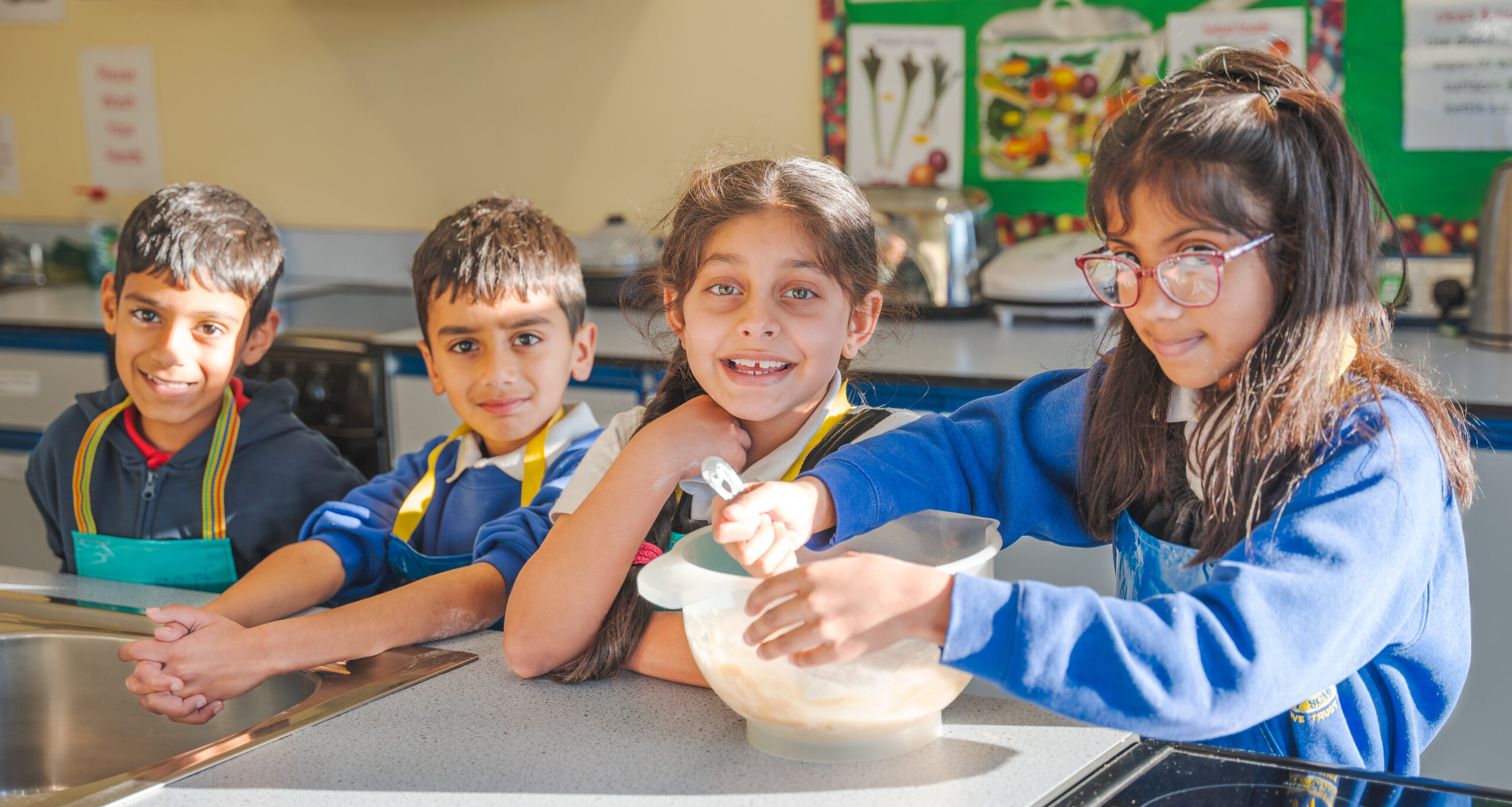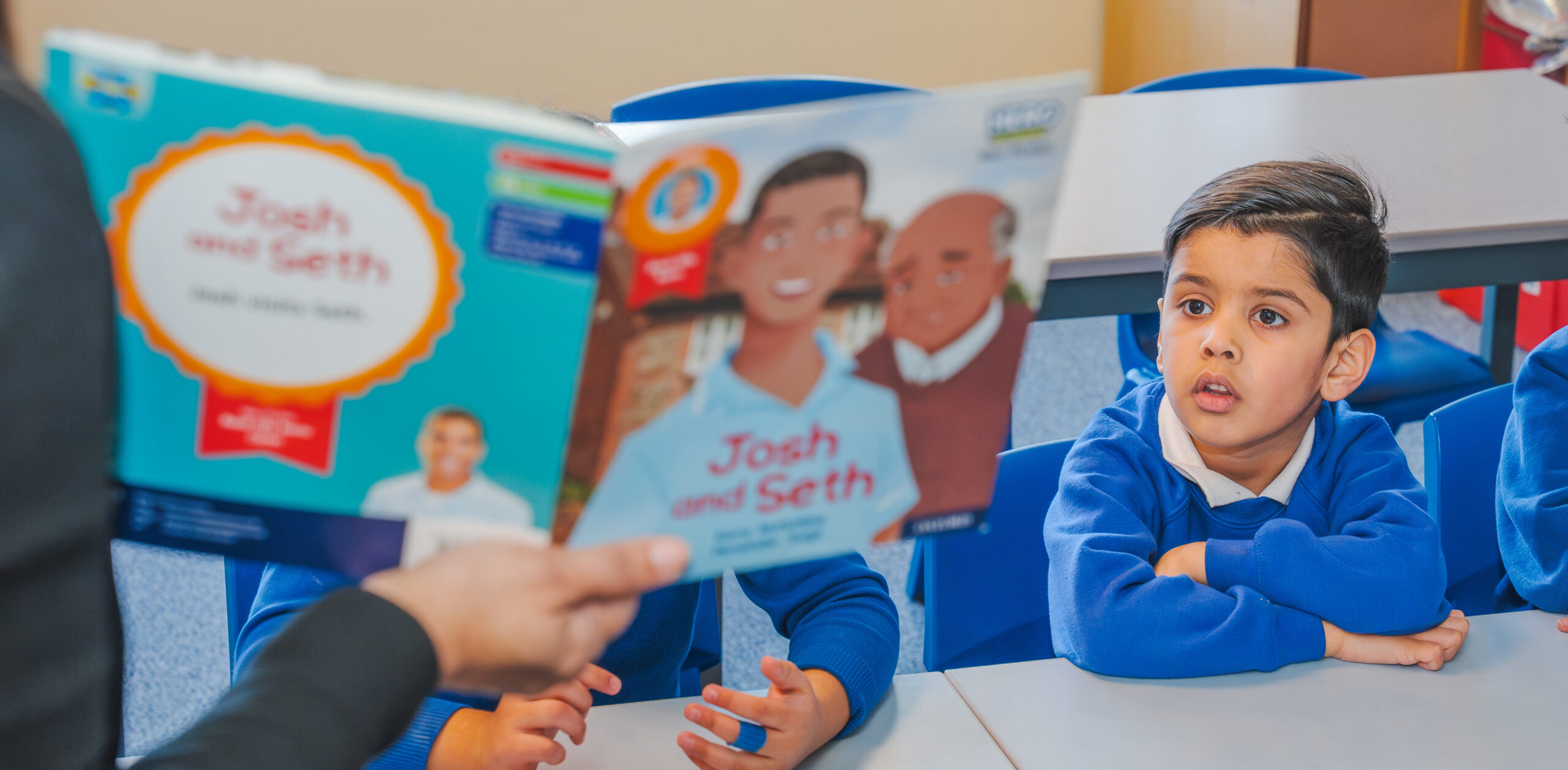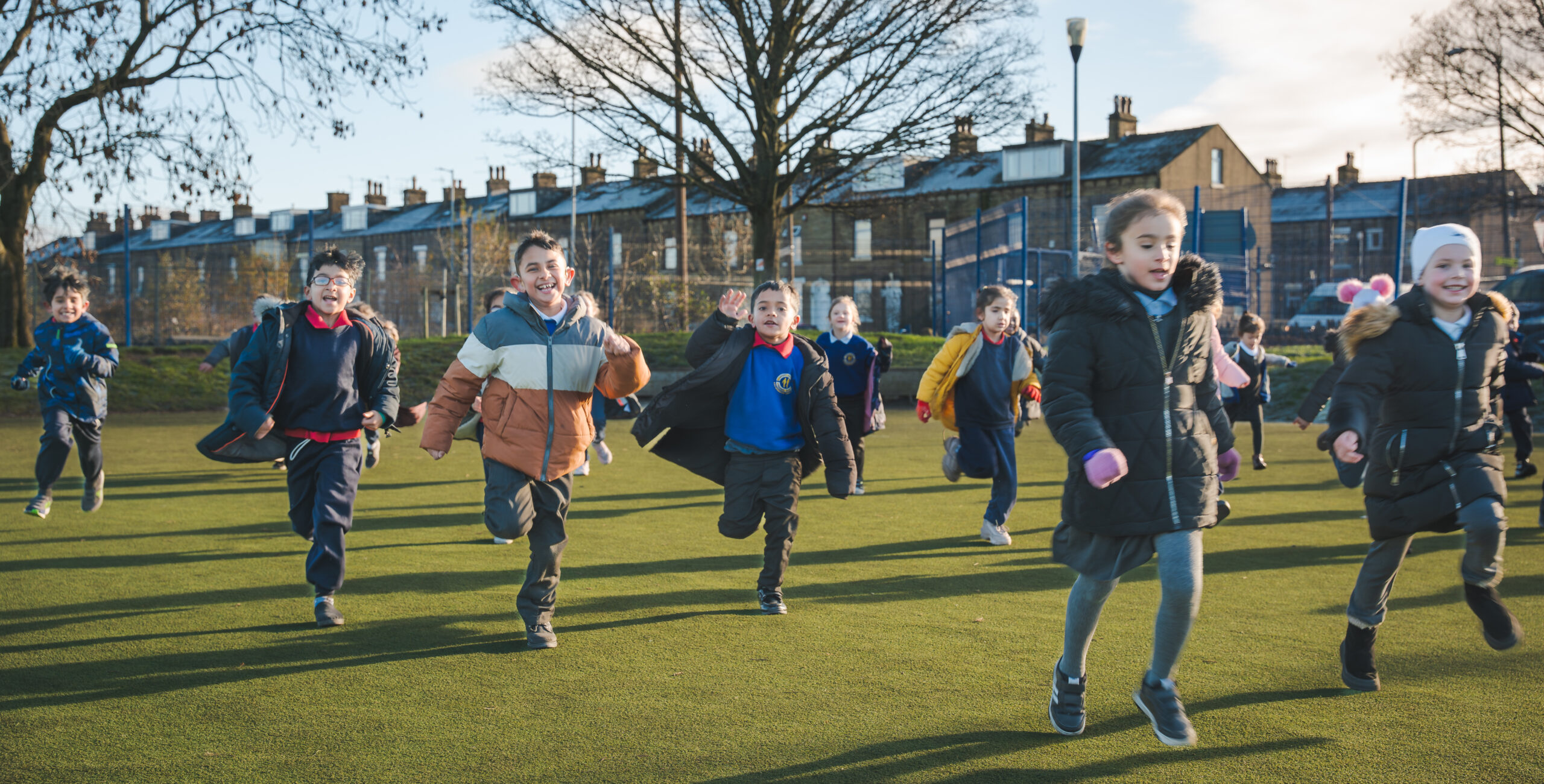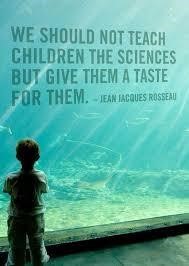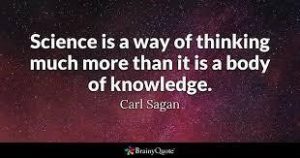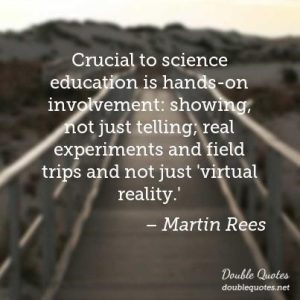Science
At Lidget Green we want our science lessons to develop our children’s curiosity about the world around them, and to increase their ability to notice, observe, describe, compare, measure and explain.
We want to encourage our children to form their own opinions through wondering, questioning and gathering evidence, and to create children who are comfortable with science and excited by discovery.
We aim to teach science that is purposeful and relevant to our children, give them regular opportunities to work practically and collaboratively, and encourage them to explore and test new ideas.
We strive to promote the love of learning science and value a ‘hands on’ experience wherever possible in our school.
Intent
At Lidget Green Primary School, we believe that a high-quality science education provides the foundations for understanding the world. Science in our school is about developing children’s ideas and ways of working that enable them to make sense of the world in which they live, through investigation.
We aim to:
- Have a clear long term plan showing progression.
- Science leader to check science planning to ensure correct objectives are covered.
- Develop a range of enquiry skills following our progression.
- Build on children’s natural curiosity by relating it to the world around them.
- Teach the children scientific knowledge and skills through practical work.Stimulate children to investigate, question and develop attitudes of science so they become active and engaged learners.
- Through dialogic talk, encourage them to communicate ideas using appropriate scientific vocabulary and evaluate their findings and suggest explanations.
- Build on children’s prior knowledge.
- Make cross-curricular links with other subjects to broaden their knowledge and create excitement through the links.
- Help the children explore and discover new things to extend their learning.
Implementation
Planning for science is a process in which all teachers are involved to ensure that the school gives full coverage of, ‘The National Curriculum’ and, ‘EYFS Framework’. Science teaching is adapted to all pupils’ needs.
We ensure that all children are provided with rich learning experiences that:
- Follow the long term, medium term plans including the endpoints.
- Prepare our children for life in an increasingly scientific and technological world today and in the future by having lessons that are practical.
- Help our children acquire a growing understanding of the nature, processes and methods of scientific ideas by exploring different scientific enquiries.
- Help develop and extend our children’s scientific concept of their world.
- Build on our children’s natural curiosity and develop a scientific approach to problems.
- Encourage open-mindedness, self-assessment, perseverance and developing the skills of observing, measuring, predicting, hypothesising, experimenting, communicating, interpreting, explaining and evaluating.
- Develop the use of scientific language, recording and techniques.
- Engage children with special education needs by having practical tasks that follow the ‘B Squared’ curriculum.
Impact
Impact is measured by ensuring children acquire appropriate age-related knowledge linked to the science curriculum.
All children will have:
- A wider variety of skills linked to both scientific knowledge and understanding, and scientific enquiry/investigative skills.
- A richer vocabulary which will enable to articulate children’s understanding of taught concepts/ knowledge.
- Scientific knowledge of the world around them.
- High aspirations, which will see them through to further study, work and a successful adult life.
To find out more about your child’s Science curriculum, please check the long term plan on the main ‘Learning‘ page of this website.
